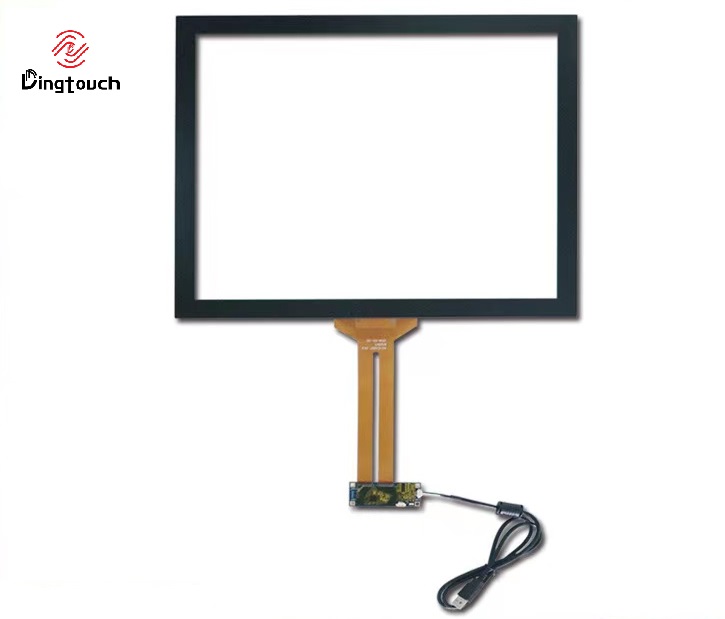In the world of consumer electronics, the debate between using touch screens and traditional buttons often centers around usability and cost. While touch screens offer a modern, intuitive interface, their cost implications compared to buttons are a major consideration for manufacturers and consumers alike. This article examines whether touch screens are cheaper than buttons, considering various factors that influence the cost of each technology.
Buttons
Buttons are a conventional choice for user interfaces and involve relatively straightforward technology. They consist of mechanical components that physically interact with the device’s circuitry. The manufacturing process for buttons is well-established and uses inexpensive materials such as plastic and metal. The simplicity of their design and the maturity of their manufacturing technology make buttons relatively cheap to produce on a large scale.
Touch Screens
On the other hand, touch screens use more complex technologies, including capacitive, resistive, or infrared sensors to register user input. As discussed previously, the manufacturing process for touch screens is intricate, requiring multiple layers of materials that include conductive films and glass or plastic panels. The materials, such as indium tin oxide used in capacitive touch screens, are more costly than those used in buttons. The initial setup and material costs for touch screens are, therefore, significantly higher than for buttons.
Buttons
While the initial cost of buttons is low, their mechanical nature means they are prone to wear and tear over time. Buttons can become unresponsive or break, necessitating repairs and replacements. In environments where devices are subject to heavy use, such as industrial settings or public kiosks, the maintenance costs associated with buttons can accumulate, making them more expensive in the long run.
Touch Screens
Touch screens, in contrast, typically offer better durability since they have no moving parts. Their solid-state nature means there is less that can physically degrade or break. However, touch screens are not entirely free from maintenance issues; they can suffer from scratches, cracks, or issues with sensitivity over time. The cost of replacing or repairing a touch screen can be considerably higher than fixing or replacing buttons.
Buttons
Buttons provide tactile feedback that many users appreciate, especially in situations where they cannot look at the device, like in automotive controls. However, the use of buttons can limit the design flexibility of a device. Each new function might require additional buttons, making the interface more complex and potentially more expensive to design and navigate.
Touch Screens
Touch screens offer a high degree of design flexibility. A single touch screen can replace multiple buttons and can be reconfigured with software updates, accommodating new functions without physical changes to the device. This adaptability can lead to cost savings in design and functionality enhancements over the product’s lifespan. Additionally, the streamlined design of touch screen interfaces can often lead to a more compact and attractive product, potentially yielding higher sales volumes.
Economies of Scale
As touch screen technology has become more widespread, its production cost has benefited from economies of scale. Large-scale manufacturing processes have become more efficient, reducing the cost per unit. This is particularly evident in sectors like mobile phones and tablets, where touch screens are now the norm.
Determining whether touch screens are cheaper than buttons depends on several factors, including the scale of production, the expected lifespan of the product, maintenance costs, and the specific needs of the device’s interface. While touch screens have a higher initial cost, their long-term benefits in durability, design flexibility, and user experience can offset these costs, making them a cost-effective choice for many applications. However, for simple devices or where durability under heavy use is paramount, buttons may still be the more economical choice.

DINGTOUCH is a company specializing in the R&D and production of touch screen technology, headquartered in Shenzhen, China. However, as a professional touch screen supplier, DINGTOUCH commit to providing high-quality, stable and reliable touch screen products to meet the diverse needs of customers. Also We continue to carry out technological innovation and product optimization to ensure that its touch screen products have good sensitivity, accuracy and durability.
In addition to the products themselves, we also focus on cooperation and communication with customers. However, commit to providing customize solutions and excellent after-sales services. Through continuous efforts to improve product quality and customer satisfaction. So we have established a good reputation in the touch screen industry and won widespread market recognition.
PCAP maximum size 65”
Multi-touch
Optical bonding service/air bonding
LCD interface: HDMI/RGB/MIPI/LVDS/EDP, etc.
PCAP interface: IIC/USB interface
Also CTP can customize the cover glass surface treatment process AG (anti-glare), AR (anti-reflection), AF (anti-fingerprint), waterproof, and glove touch
Supports 0.55 mm-12 mm coverslip touch.
Support operating temperature: -40℃-90℃.
We as a professional customized touch screen manufacturer with more than 13 years touch screen experience. So we are welcome to customize your capacitive touch screen . So that here are some of our standard product . Such as 7 inch touch screen, 10.1 inch touch screen ,15 inch touch screen,15.6 inch touch screen,17 inch touch screen,17.3 inch touch screen,18.5 inch touch screen,19 inch touch screen,21.5 inch touch screen, 23.6 inch touch screen,23.8 inch touch screen,27 inch touch screen.Contact our team today to buy a capacitive touch screen are best for our retail business needs.
our other one website: www.szdingtouch.com